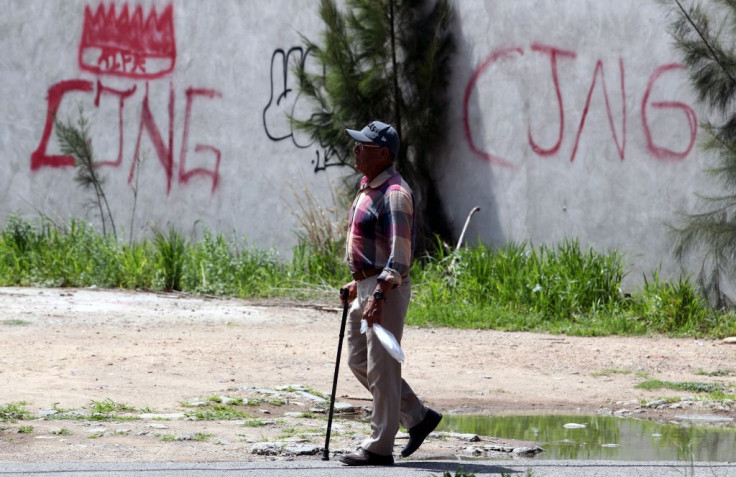
A journalistic investigation has revealed that the financial structure behind one of Mexico's most powerful criminal organizations—the Jalisco New Generation Cartel (CJNG)—has been widely identified by U.S. and Mexican authorities, yet it remains largely unprosecuted.
Using records from the U.S. Treasury Department's Office of Foreign Assets Control (OFAC) and reports from Mexico's Secretariat of National Defense (Sedena), the investigation identified 245 entities and individuals tied to the CJNG's money laundering operation. They include 87 individuals and 125 companies sanctioned by OFAC since 2015, along with 33 individuals flagged by Sedena.
Despite these designations, over 80% of these entities and individuals have faced no legal consequences in either country. In fact, many remain operational, with some still running businesses or working in financial or public sectors.
Among the most emblematic cases mentioned is that of Karely Lizbeth Ramírez Bañales, partner of Audias Flores Silva, alias "El Jardinero," a CJNG leader wanted in Mexico and the U.S. After four years of litigation, a Mexican court ordered in February 2025 the unfreezing of two of her bank accounts, citing procedural flaws and lack of explicit request from the DEA. "The agency had only asked for information, not a direct action," her defense successfully argued.
Another high-profile case involves César Enrique Díaz de León, known as "El Lobito," a CJNG plaza boss in Colima. Despite being listed by Mexico's Financial Intelligence Unit (UIF) during the 2020 "Agave Azul" operation targeting suspicious CJNG-linked accounts, he too secured a court ruling unblocking his assets and removing him from the government's blacklist.
"OFAC designations have done little in Mexico", explain the investigation's authors. "Since 2018, a ruling by Mexico's Supreme Court has limited the powers of the Financial Intelligence Unit (UIF) to freeze accounts based on foreign requests. In 2024, the country's highest court tightened these requirements even further, making it more difficult to take action against individuals flagged by international bodies like OFAC."
As a result, the investigation concludes, "the financial arm of the CJNG remains virtually untouched."
On June 19 the U.S. announced that Jalisco Cartel leader Ruben "El Mencho" Oseguera Cervantes was among five people sanctioned for their roles in the organization's drug trafficking operations, as well as killings tied to it. The sanctions are meant to freeze assets they have in the U.S., whether they are personal or part of a company. The U.S. is also offering $15 million for information that could lead to the capture of "El Mencho."
© 2025 Latin Times. All rights reserved. Do not reproduce without permission.






